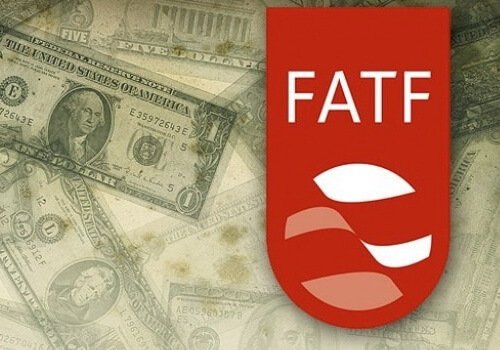The Financial Action Task Force organization published a summary that analyzes the cryptocurrency and its risks.
The Financial Action Task Force (FATF), a France-based intergovernmental organization developing policies to combat money laundering (AML) and terrorism financing (CFT), has issued a new paper giving an analysis of the digital currencies and its risks.
The new paper, called ‘Virtual Currencies – Key Definitions and Potential AML/CFT Risks’, provides an overview of the virtual money system. Besides, it reviews the possible risks of using the technology
The paper indicates that the number of legitimate uses of the cryptocurrencies is rising and more venture capital firms invest in start-ups relating to the technology. The paper reads: “Virtual currency has the potential to improve payment efficiency and reduce transaction costs for payments and fund transfers. For example, Bitcoin functions as a global currency that can avoid exchange fees, is currently processed with lower fees/charges than traditional credit and debit cards, and may potentially provide benefit to existing online payment systems, like PayPal.”
In common, the FATF summary is rather optimistic and concentrates on real-world technology application spheres.
Speaking about risks, FATF stated that digital currencies are “potentially vulnerable to money laundering and terrorist finance abuse” due to a number of reasons.
“First, they may allow greater anonymity than traditional non-cash payment methods. Virtual currency systems can be traded on the internet, are generally characterised by non-face-to-face customer relationships and may permit anonymous funding,” the paper reads. “They may also permit anonymous transfers, if sender and recipient are not adequately identified.”
Besides, the summary pointed out the risks related to the anonymity: “For example, by design, Bitcoin addresses, which function as accounts, have no names or other customer identification attached, and the system has no central server or service provider. The Bitcoin protocol does not require or provide identification and verification of participants or generate historical records of transactions that are necessarily associated with real world identity. There is no central oversight body, and no AML software currently available to monitor and identify suspicious transaction patterns. Law enforcement cannot target one central location or entity for investigative or asset seizure purposes (although authorities can target individual exchangers for client information that the exchanger may collect).”
The expansion of digital currencies increases their AML/CFT risks across the globe. The global reach of cryptocurrencies provokes such problems as law enforcement and compliance authorities. The deal is that the transaction information could be held by different organizations and the responsibility for AML/CFT is not cleared.
FATF stated: “This problem is exacerbated by the rapidly evolving nature of decentralised virtual currency technology and business models, including the changing number and types/roles of participants providing services in virtual currency payments systems. And importantly, components of a virtual currency system may be located in jurisdictions that do not have adequate AML/CFT controls.”
FATF warned that anonymous person-to-person transactions can exist in a digital universe outside the control of any country.
The report also examines the Liberty Reserve money laundering case and analyzes the failed online drug market Silk Road and the Western Express International cybercrime group that implemented cyberfraud scheme using WebMoney and e-gold.
